WLP 2021 Week 7: Progress That Isn’t Just Political, But Personal
- WLP
- Aug 6, 2021
- 4 min read
Call it a beautiful coincidence—the start of my ‘blog week’ marked the 31st anniversary of the Americans with Disabilities Act (ADA). As I tuned in virtually to the Biden Administration’s celebration of the ADA, I was reminded of the significant progress made since the law was signed as well as the opportunity for growth that awaited. The ADA was a product of passion and compassion–not partisanship. Moreover, to hear Tyree Brown, a young disabled activist and artist, speak that morning truly epitomized this heartwarming notion. Throughout the day I found myself reflecting on Vice President Harris’ words, “equity cannot be achieved without disability being part of the equation.”
As a law enthusiast and disability justice advocate, working at the Department of Labor (DOL) Office of Disability Employment Policy (ODEP) this summer has been a surreal experience. As my time here comes to a bittersweet end, I am reminded of how integral this experience was in rejuvenating my mission to leverage compassionate leadership and unwavering dedication to public service in a way that promotes an inclusive world for more than one billion people with disabilities. For as long as I can remember, I have been passionate about prioritizing a search for practical, data-driven solutions to social problems. This summer seemed like a natural extension of this passion when I was given the opportunity to work closely with John Tambornino, Senior Advisor to the Assistant Secretary for Disability Employment at DOL, to spearhead a comprehensive review of recent federal research relevant to disability employment.
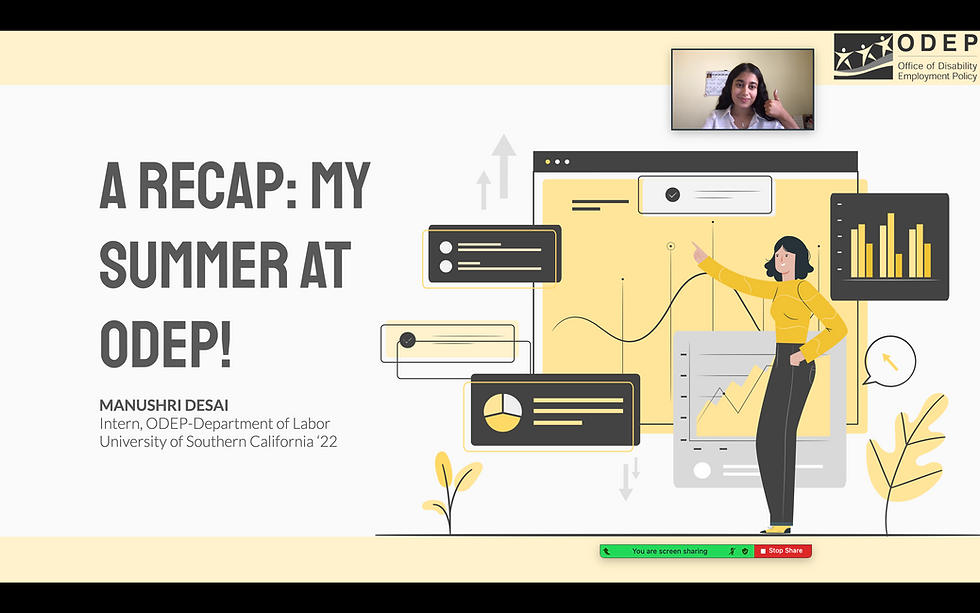
My desire for change, however, doesn’t end where pen meets paper. This Tuesday, it’s safe to say I was bursting with gratitude when I had the opportunity to present my summer’s work at an all-staff meeting. Calling on a pivotal moment in my life, I shared with fellow colleagues my first meaningful encounter with disability while visiting the Blind People’s Association (BPA) in Gujarat, India. While exploring the BPA, I was met with the opportunity to help overturn an Indian Supreme Court decision and began what—at the time unknowingly—would become my lifelong pursuit of disability justice. It was, perhaps, most beautiful to witness the outpour of support when I explained how I found myself caught between both sides of the Desi-American hyphen, especially when navigating conversations around disability. My other supervisor Nadia Mossburg, Lead for the State Exchange on Employment and Disability (SEED) at ODEP, chimed in to share how her lived experiences with disability in cultural and professional landscapes are arguably two of the greatest strengths she brings to her work at ODEP. After my presentation, I was overjoyed to receive invitations to continue conversations about disability and identity; at ODEP, I was reminded that personal stories often guide issues onto the policy agenda by telling us what we should care about and why.
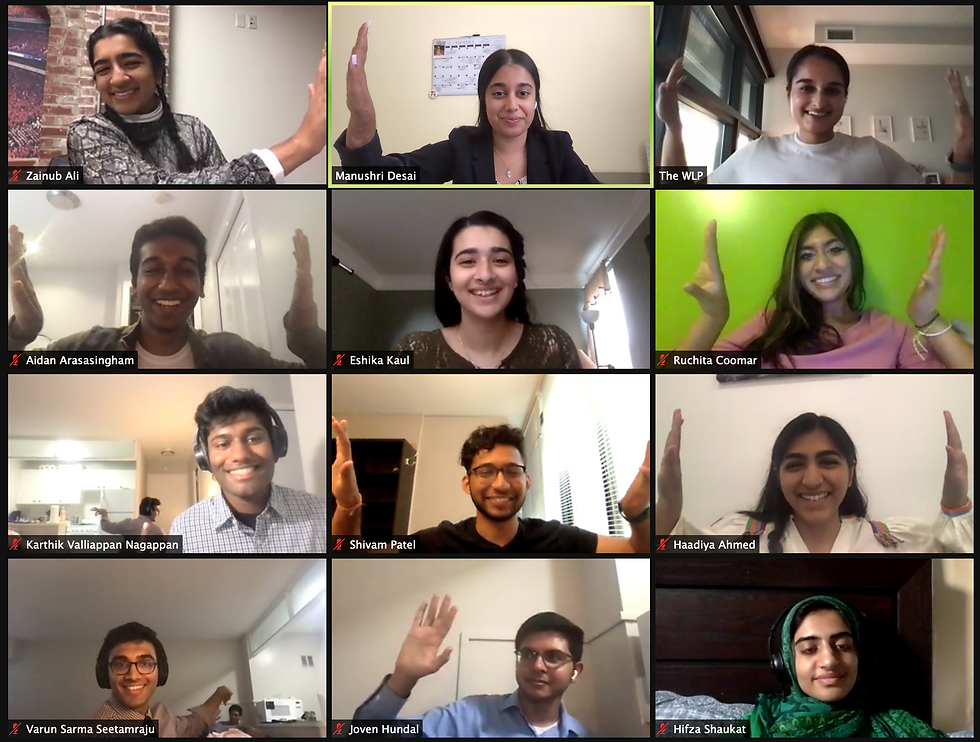
This week’s WLP events colored my perspective even more so. Our week started off with an engaging public speaking workshop that equipped us with a toolkit of tips and tricks; round-robin style, we practiced giving elevator pitches in an effort to better understand our speaking tendencies and delivery. Yet again, it was grounding to see how everyone found comfort in their “story of self” to elicit why they chose to do what they’re doing this summer.
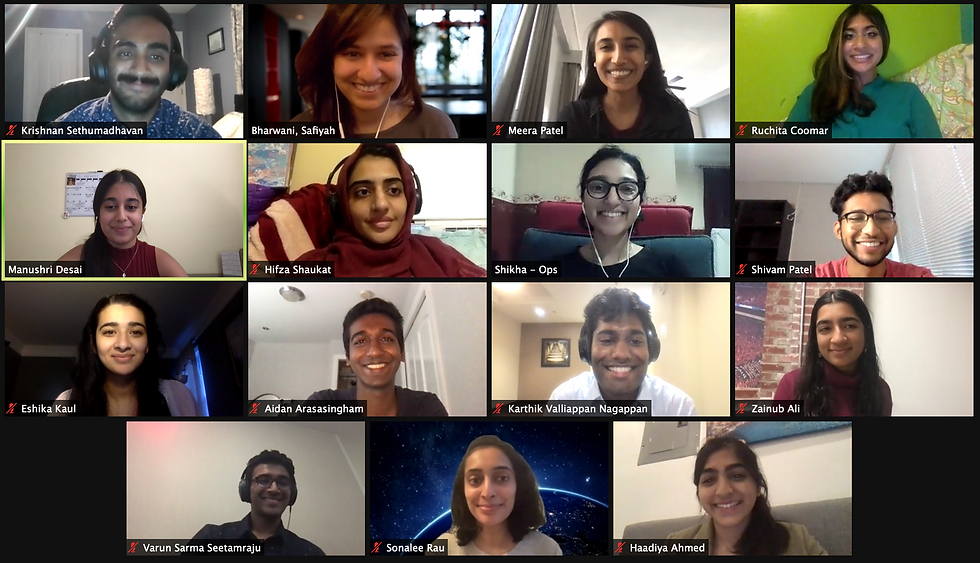
The public speaking workshop was followed by a thought-provoking discussion on consulting and contracting with WLP alumni, including Krishnan Sethumadhavan, Safiyah Bharwani, Sonalee Rau and Meera Patel. We learned about nearly everything under the sun (of consulting and contracting, of course), including but not limited to the day-to-day details of a consulting job, handling ethical conflicts on work projects, and balancing mental health and work to prevent burnout.
On Wednesday, we had a quick, light-hearted Leadership Project Check-in that directed our thoughts towards the importance of personal stories, struggles, and identities that guide currents of South Asian American activism.
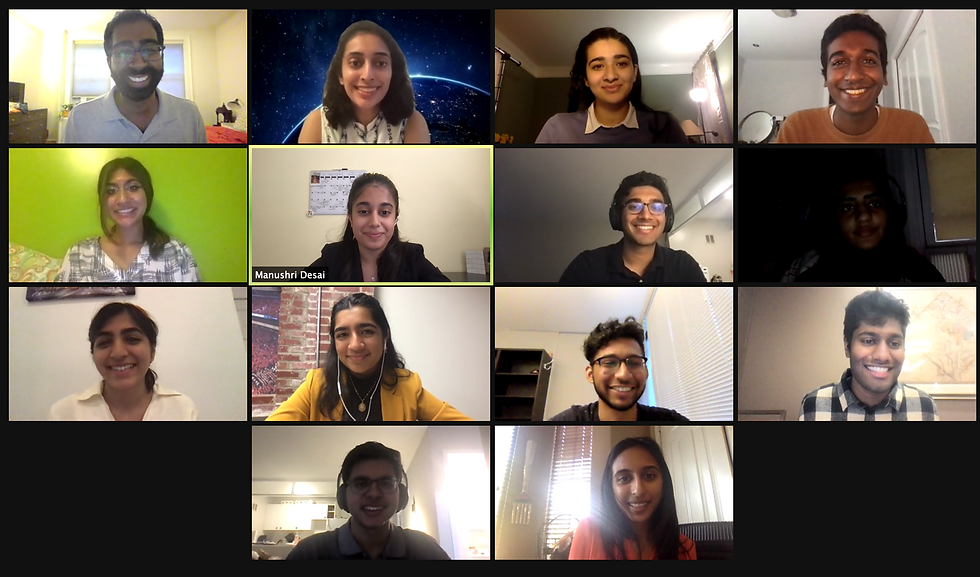
The check-in was followed by an insightful discussion with WLP Alum Shekar Krishnan, who brought a deeply personal meaning to his political work. A story that resonated with many of us was one he told of a father who approached him during his campaign: the father pointed to Krishnan as an example for his son, who at the time was getting bullied, to look up to, saying, “Even people with dark skin can accomplish so much.” This story, that Krishan mentioned brought tears to his eyes, is the same story that guides his incredibly personal approach to politics. It was refreshing to see someone so committed to understanding the roots of inequity that affect his constituents in a position to create long-lasting, positive change.
Our week closed out, perhaps in the most wholesome way imaginable, with a Home Stretch Check-in. It didn’t take long before we found ourselves knee-deep in a rich discussion about the role of our South Asian identities—how they’ve evolved over the course of this summer, our internships, and newly formed but everlasting friendships. Fellow WLP Scholar Aidan Arasasingham put it best when he mentioned, “There is a great deal of generosity that we feel that comes from our identity and not in spite of it.” Moved by the vulnerability and reflection, I have a deep appreciation for my fellow scholars; I’m confident that as we grow together, our evolving understanding of our identities will only strengthen our approaches to meaningful change.
As I watched Biden sign a proclamation marking the 31st anniversary of the Americans with Disabilities Act, his words echoed through my mind. The ADA was exemplary of “progress that wasn’t political, but personal to millions of families”—words that I will carry with me for a lifetime. The gathering of many instrumental disability rights activists and advocates at the Rose Garden that day had me hoping that I too, as an aspiring South Asian public servant, would one day have the privilege to play an instrumental role in making disability part of the ‘equity equation’.
Manushri Desai
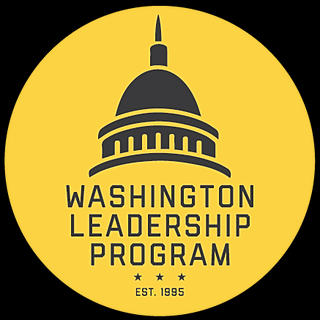



Comments